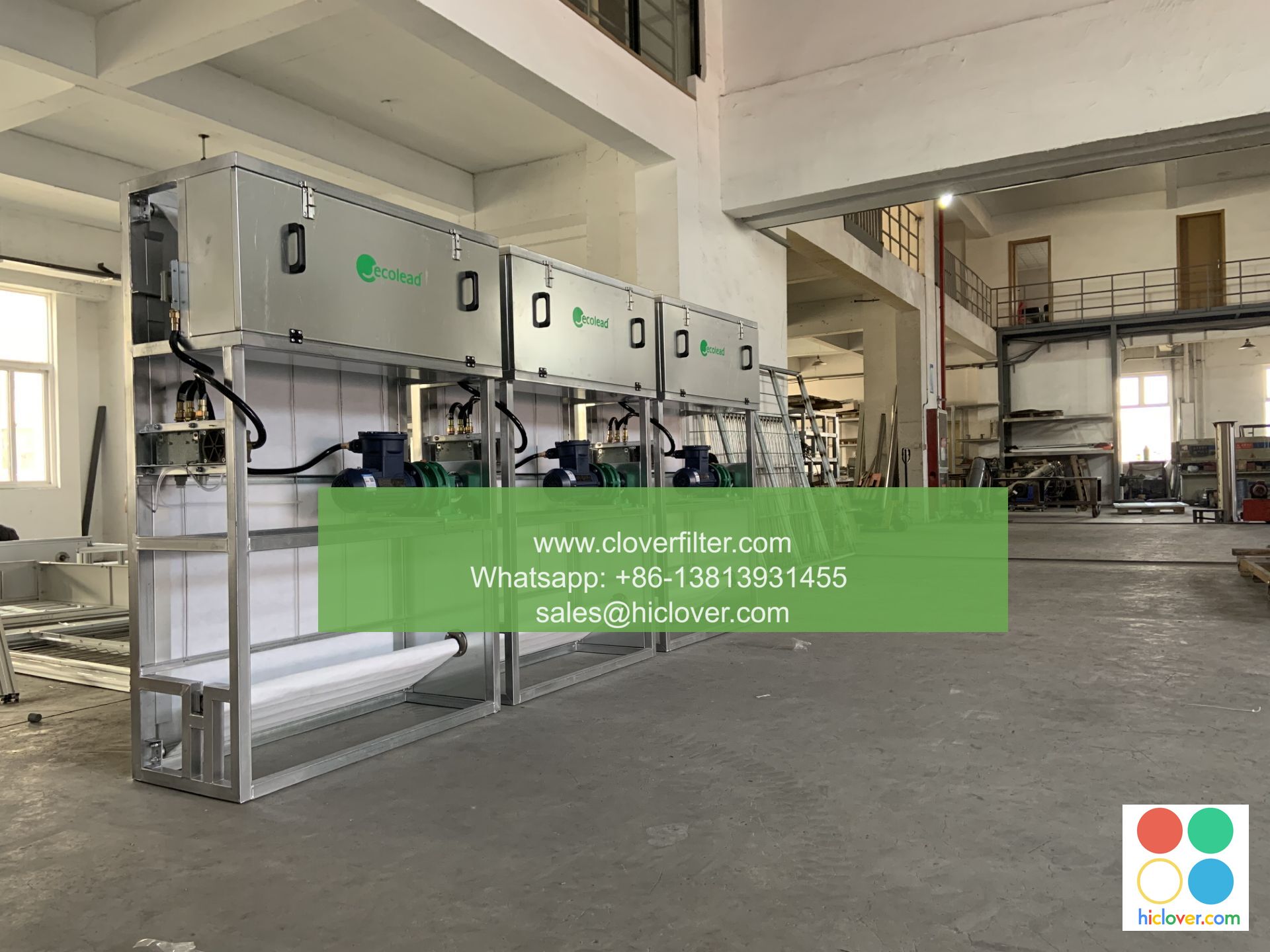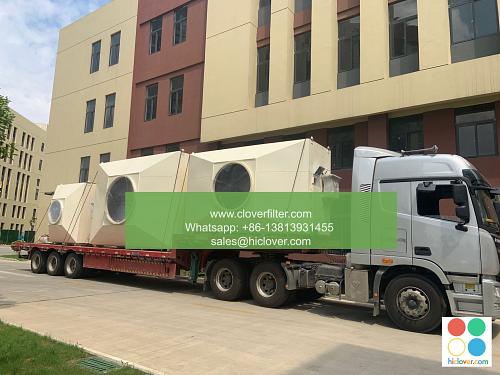The Impact of Smart Homes on the Air Filter Market

The air filter market is experiencing a significant transformation with the increasing adoption of smart home technology. As home automation and Internet of Things (IoT) devices become more prevalent, the demand for smart air filters and indoor air quality monitoring systems is on the rise. In this article, we will explore the impact of smart homes on the air filter market and highlight various application areas where smart air filters are making a difference.
Increased Demand for Smart Air Filters
The growing awareness of indoor air pollution and its health effects has led to an increased demand for smart air filters that can monitor and control the air quality in smart homes. Smart air filters equipped with sensors and wireless connectivity can detect pollutants and allergens in the air and adjust their filtration levels accordingly. This has created new opportunities for air filter manufacturers to develop smart air filter products that cater to the needs of smart home owners.
Integration with Home Automation Systems
The integration of smart air filters with home automation systems is another key area where the air filter market is experiencing growth. Smart home hubs like Amazon Alexa and Google Home can be integrated with smart air filters to provide voice control and remote monitoring capabilities. This allows homeowners to control and monitor their indoor air quality from anywhere, making it a convenient and user-friendly solution.
Application Areas for Smart Air Filters
Smart air filters have various application areas in smart homes, including:
* Residential buildings: Smart air filters can be installed in home HVAC systems to provide whole-house filtration and indoor air quality monitoring.
* Commercial buildings: Smart air filters can be used in office buildings, hospitals, and other commercial spaces to improve indoor air quality and reduce energy costs.
* Industrial settings: Smart air filters can be used in industrial settings to remove pollutants and improve worker health.
Key Players and Innovations
Several key players in the air filter market are innovating and developing smart air filter products to cater to the growing demand. Some of the notable innovations include:
* HEPA filters with smart sensors that can detect pollutants and allergens
* Activated carbon filters that can absorb gases and odors
* UV-C light technology that can kill bacteria and viruses
Conclusion
The impact of smart homes on the air filter market is significant, with a growing demand for smart air filters and indoor air quality monitoring systems. As home automation and IoT devices become more prevalent, the air filter market is expected to experience continued growth and innovation. With various application areas and key players innovating and developing smart air filter products, the future of the air filter market looks promising. It looks like you didn’t include a prompt. Could you please provide more details or a specific question you’d like help with? I’m here to assist you with a wide range of topics, from science and history to entertainment and culture. What’s on your mind?

